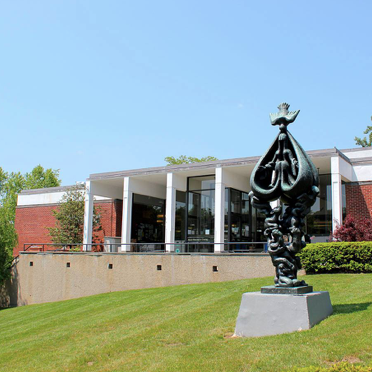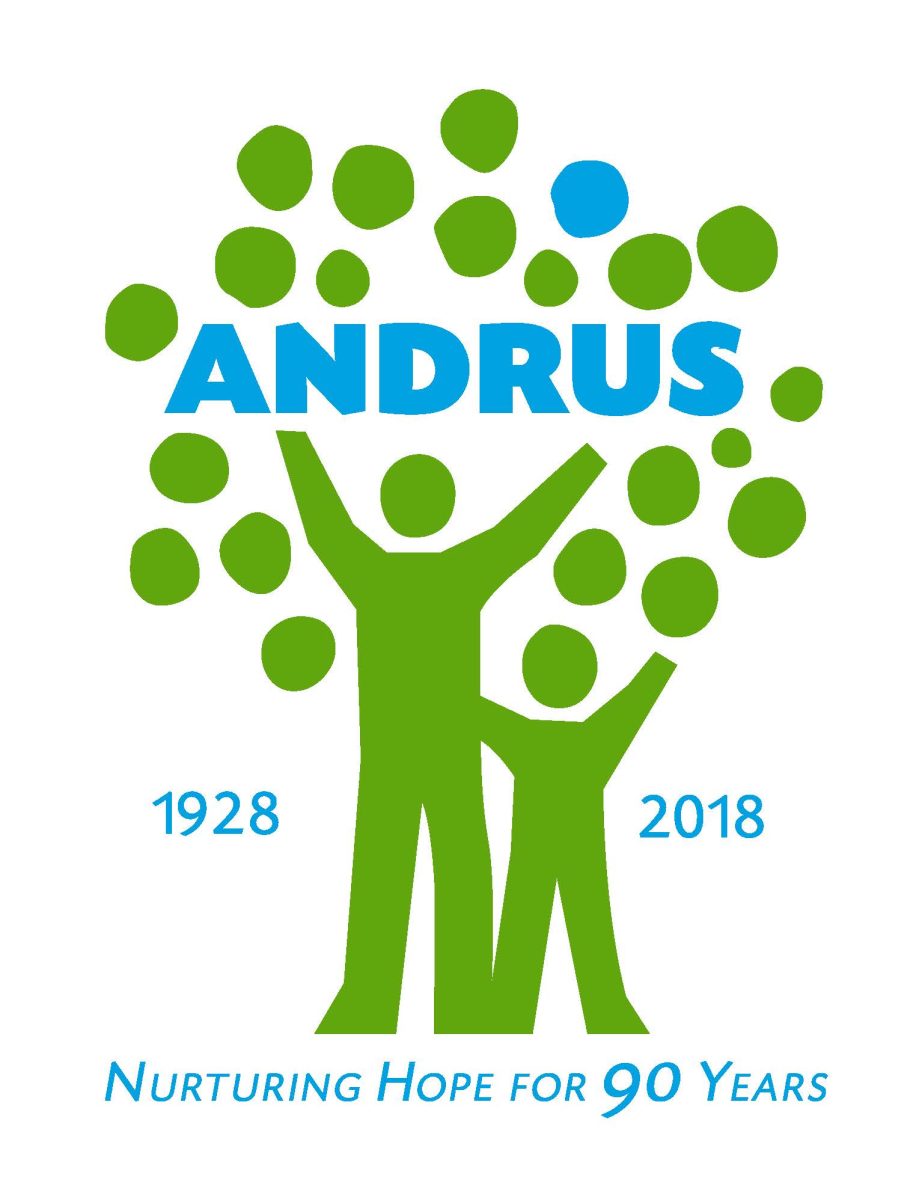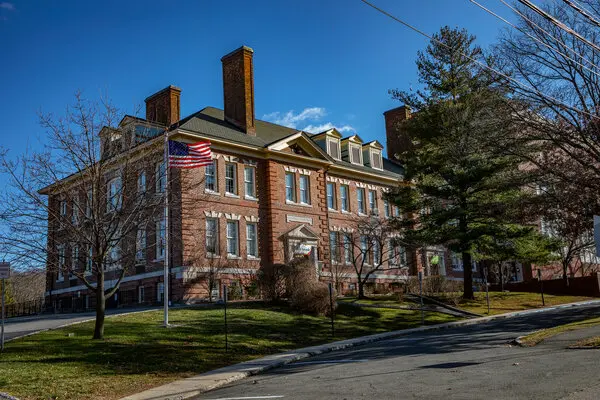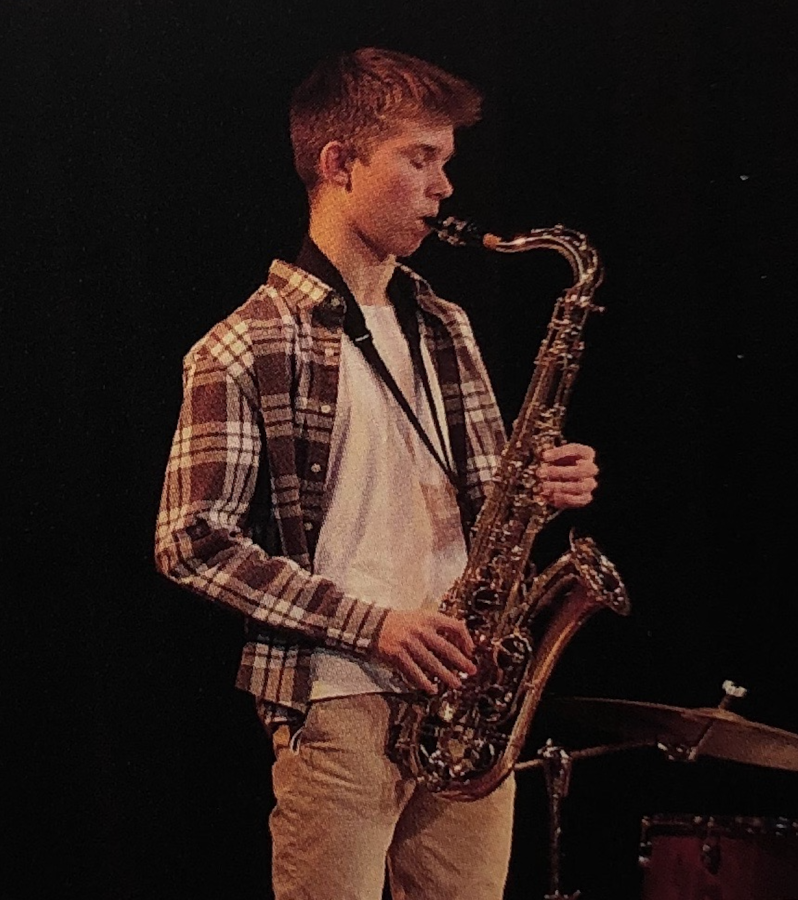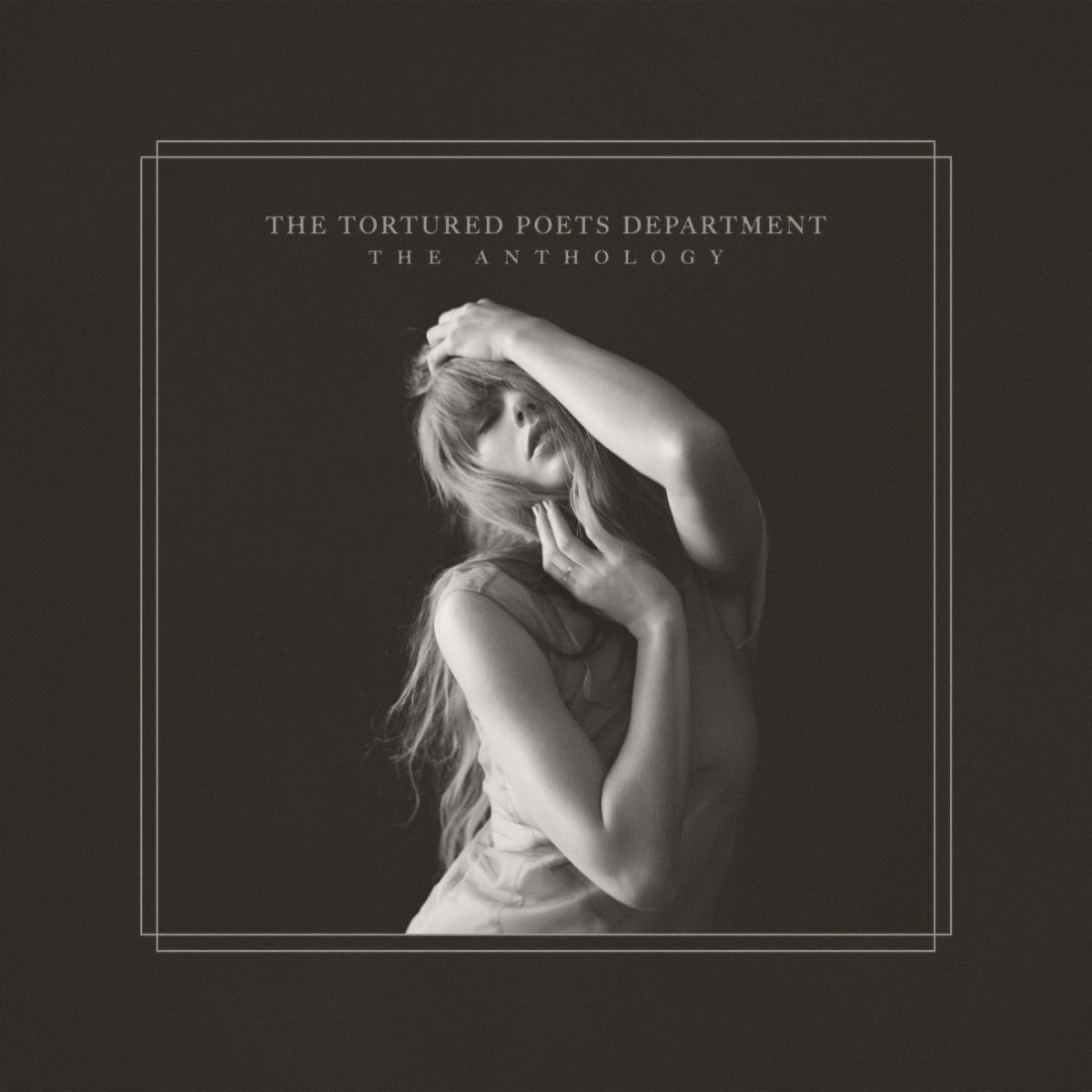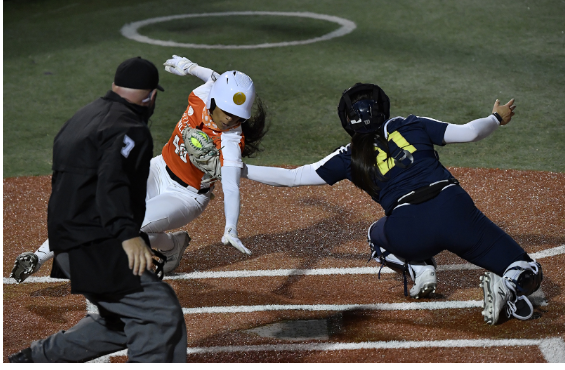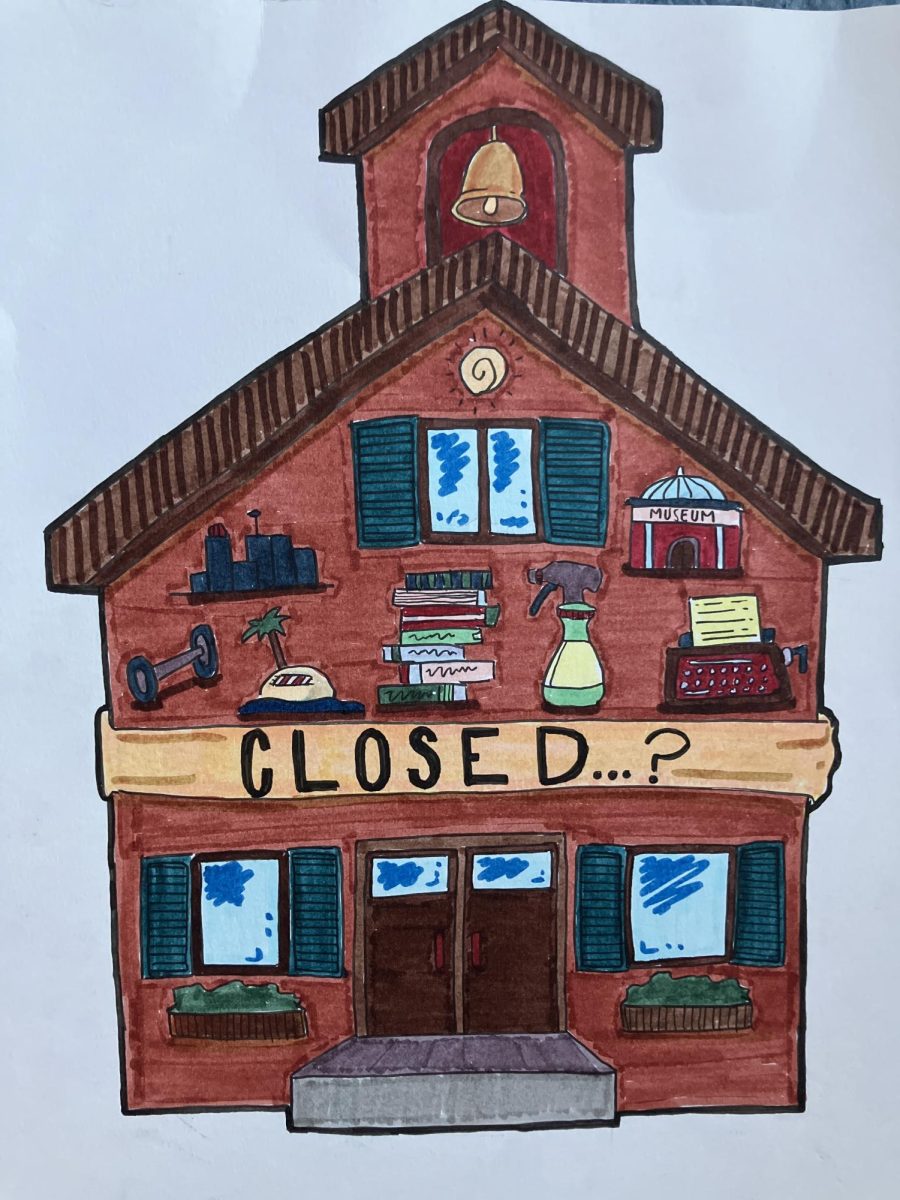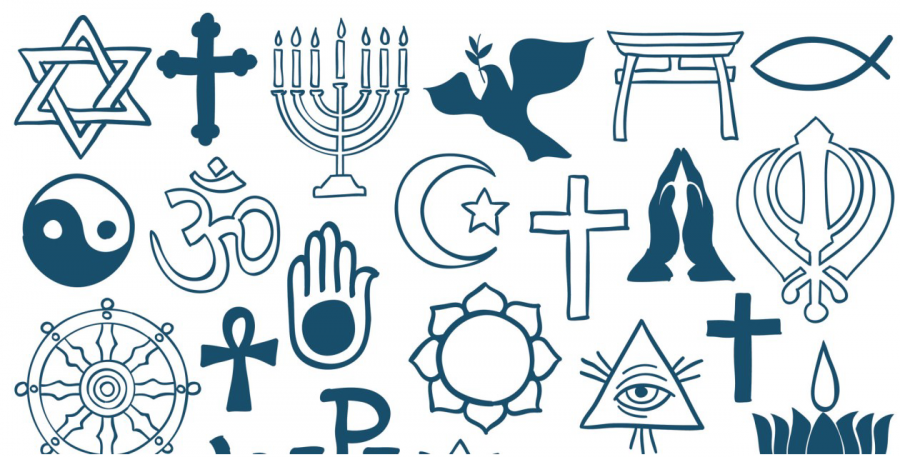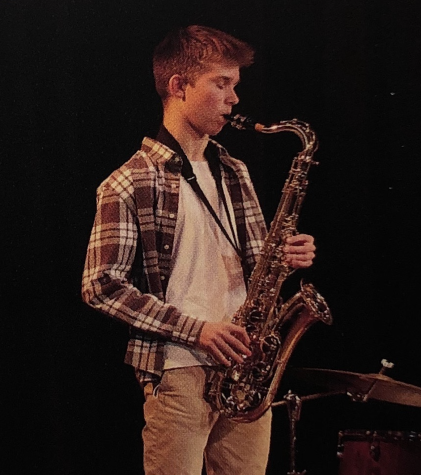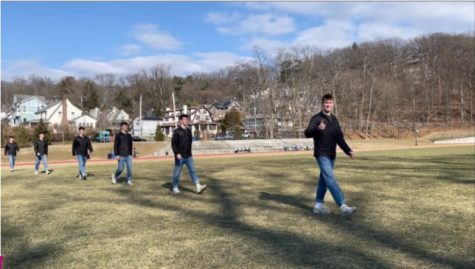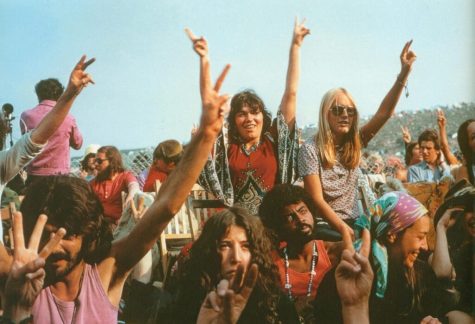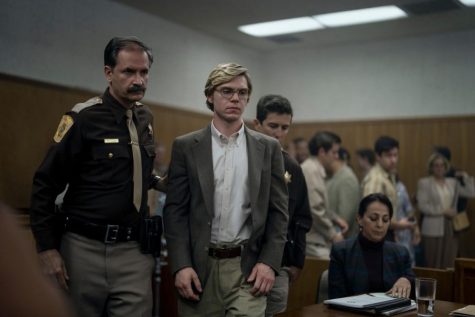Religious Diversity in Hastings
October 11, 2020
In a country that prides itself on being religiously diverse, exposure to a variety of religions is usually made through in person encounters, and even this exposure is waning. When that isn’t convenient or easy though, our only exposure to different religions seems to be through the media.
A survey completed by the Public Religion Research Institute found that roughly one-fifth of respondents established that they rarely or never encounter people who don’t share their religion.
In Hastings, this lack of religious diversity is especially clear. Junior Aya Hinawi told me, “I identify as Muslim and I don’t know anyone in the district who identifies as Muslim.” She thinks this is problematic because if students miss out on opportunities to meet people of other religions they may form their perceptions of other religions based on how the media portrays them. Aya added, “I think especially with American media, what is portrayed of Muslims are terrorists, is people who destroy things, they are painted as villains, and made people afraid of them, and I think that it’s so so so tragic. I mean it’s messed up. It’s horrible.”
Mr. Smith, having taught at Hastings for 21 years, said that religion is a “big blindspot” for Hastings students. He has noticed that students may refer to the United States as a Christian country and “will latch on to certain American principles without ever really understanding the depth of religiosity in our past.” He has also seen an unawareness of how religion informs peoples’ decisions and livelihood across the world.
And yet, even engaging in these conversations in the classroom – especially in a country where there is a division of church and state – is a slippery slope. Caroline Rosner, a senior, noted the role that religious discourse once played in an English class: “We had this debate in class whether God was real or not and it seemed to be little discrediting of people who believed in God. We also read books about people committing terrible acts because they do believe in God…I feel like in Hastings most of the people who I’ve had conversations about religion with kind of brush it aside and they don’t really take it seriously.”
In fact, many people in Hastings who may celebrate Christmas or Hannukah don’t identify as religious; they may even not think about their religion often. Hastings – like much of America – is becoming increasingly non-religious. In fact, 76% of Baby Boomers identify as Christian, but only 49% of Millenials identify that way (Pew Research Center). This trend makes it even more important to not be religiously ignorant.
Caroline added, “Religion doesn’t really come up in conversations among my friends and I don’t really know if any of them feel like they might be other than those two religions. Most of my friends I would say probably aren’t religious at all.”
Interacting with people that are religious is crucial for developing an open mind and fixing inherent biases. A lack of discussion and representation of religion in Hastings can be harmful for all students. Aya added, “I think Islamophobia – which is the fear or discrimination against Muslims – is a real thing and my friends make jokes about 9/11 and they don’t realize how insensitive it is…it like desensitizes the whole religion, the whole culture, and I think that also needs to be talked about.” She continued, addressing the harsh ways in which she feels like she and her family are treated because of their religion: “to see my family, and worry about my dad when we go to the airport and be afraid to speak Arabic in public or things like that, I don’t even have the words to describe it.”
On a very personal note, Caroline noted the harmful role that stereotyping can play: “Every Sunday from grades one to eight, I went to Catholic school and church and when I would tell this to people they would be like ‘Oh, well you shouldn’t be going to the Catholic Church because all Catholics hate gay people.’ That made me upset because obviously that is not the case at all. I’m very tolerant of gay people, I accept and embrace gay people, I literally am a gay person. And for people to think that I am homophobic because of my religion, that really hurts.”
For some, more visibility is really important. Aya added, “In terms of school holidays, there are a couple of Jewish holidays that are in the school calendar that we get time off for, and Christian holidays that we get time off for, but if you think about something like Ramadan, which is a month of fasting for Muslims – I actually do observe Ramadan and Eid al-Fitr – [we don’t get time off]. I know we don’t have a lot of Muslims in the school, so it doesn’t make sense to really cater to that, but still I’ve never once even heard of it brought up in a class.”
There is notably a role that politics plays in religion – perhaps even in Hastings. According to a recent survey made by The Atlantic, “54 percent of Democrats said they prefer the United States to be made up of people from a wide variety of religions, compared with 12 percent of Republicans. By contrast, 40 percent of Republicans said they’d prefer a nation mostly made up of Christians, compared with 14 percent of Democrats.” Hastings – known by many to be a very liberal town – “calls itself diverse but I think it’s not true. Religious diversity is not something that we experience here,” Aya noted.
Increasing awareness and understanding of different religions is crucial in our modern day world, and there are many ways we can do so. Mr. Smith suggests that education plays a vital role, and noted that “you combat ignorance with awareness. You combat ignorance with knowing about it; Education awareness on all levels, but starting very very young – that is how you make religious acceptance the social norm. You can also look at it as a systemic issue – is it the NY board of Regents’ curriculum that doesn’t do enough with it across social studies and english curriculum?”
Caroline noted, “I think that people that aren’t very religious try not to talk about religion and have conversations about religion…Sometimes people will discredit a religion and say something that completely contradicts someone elses’ beliefs; I believe in God and I believe in the fundamentals of Christianity and I feel like I’ve heard a lot of ‘well, what you’re thinking is not real, because there’s no proof of a God.’ For people to not have conversations about different kinds of religion furthers this ignorance and maybe we should be having these conversations about religion so we can all be respectful and tolerant of other peoples’ views without discrediting them and thinking that these views can be wrong.”
I recently wrote a follow-up article on this topic titled “How to Achieve a More Pluralistic Society” in which I interviewed the project manager of Interfaith Youth Core, an organization that aims to inspire young adults to create a more religiously-inclusive society. If you’re interested and inspired, check it out!
